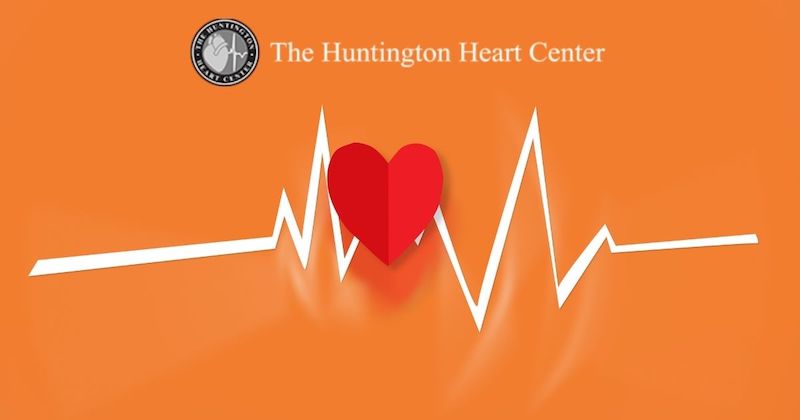Category Archives: Irregular Heartbeat
Understanding Chest Pain & Knowing When to Worry

Chest pain is one of the scariest concerns we experience in our lives. Human nature leads us to believe that the worst may be happening – a heart attack. Fortunately, most chest pain issues, also known as angina, are far less severe, but this does not mean that chest pain should be ignored. This article will cover the common causes of chest pain and what patients should do if they feel it. Of course, if the chest pain is unusual, severe, or persistent, this may be a medical emergency, and you should call 911 or go to your nearest emergency room without delay.
The Choice Between Medication & Procedure for Cardiac Arrhythmias & Afib
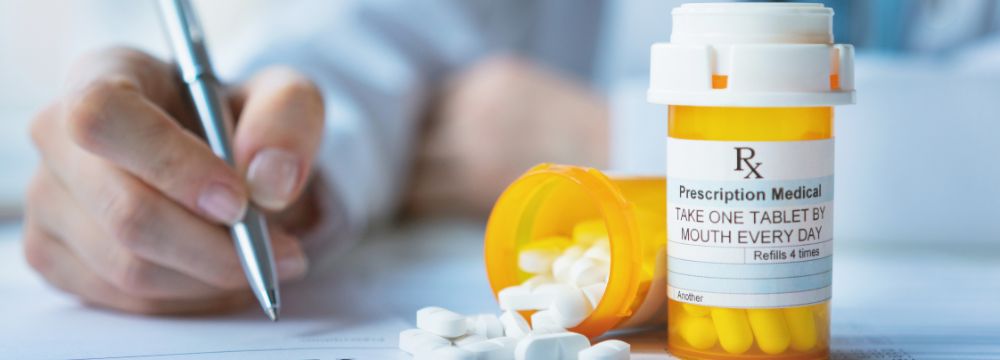
Patients often have multiple possible treatment pathways for cardiac arrhythmias, particularly atrial fibrillation (Afib), the most common of these conditions. Similarly, as cardiologists and electrophysiologists, we like to take a stepwise approach toward this condition, starting with the least invasive option and moving on as necessary. Lifestyle issues – things we can modify, including alcohol consumption, excess weight, poor diet, a sedentary lifestyle, and more, are leading risk factors for cardiac arrhythmias.
As such, when you first come to a consultation, we will perform a complete evaluation to determine the next best course of action. This may include evaluating medication and working with other medical specialists to tweak or replace certain drugs causing an arrhythmia.
What Is Silent Afib, and Why It Matters?
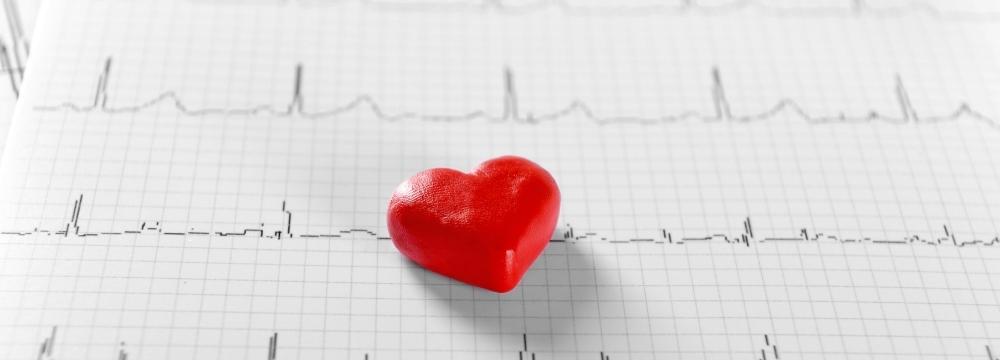
Atrial Fibrillation, or Afib, is one of the most common cardiac arrhythmias or irregular heartbeats in the US and worldwide. And it has been increasing in prevalence. It is estimated that upwards of 5 million people in the United States suffer from Afib. Still, many have gone undiagnosed or are simply not receiving the care they need to manage the condition. It’s important to note that while Afib itself is not inherently dangerous, except in rare cases, it can lead to longer-term conditions, including increased risk of stroke, increased risk of heart attack, and longer-term risk of congestive heart failure. As such, Afib should be treated at its earliest signs. Fortunately, most patients who experience Afib have options, and modern-day Afib therapies are not only safe but very effective.
The One-Two Punch of Potentially Curing Afib and Reducing Stroke Risk
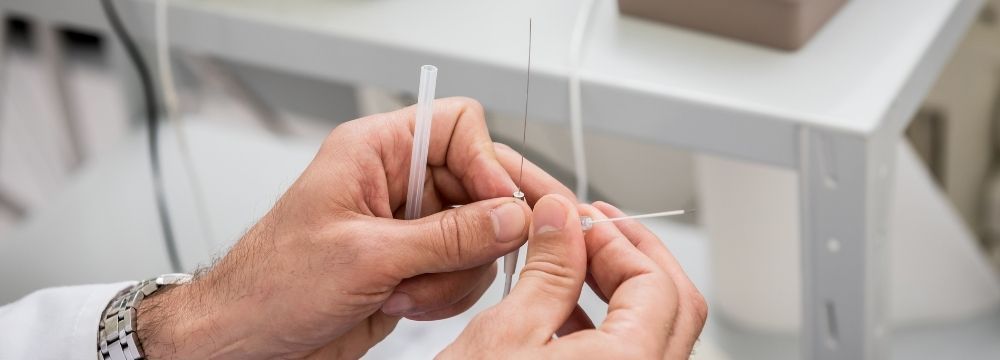
As we’ve discussed elsewhere on this website, atrial fibrillation or afib represents the most common cardiac arrhythmia in the United States and worldwide. This has genuinely become a national medical concern, with an estimated 5 million American adults suffering from the condition. However, you may also remember that it is not the irregular heartbeat itself that we’re most concerned about. Instead, this irregular heartbeat may cause blood to pool in the heart’s left atrial appendage. This increases the risk of stroke and heart attack by up to five times. You can learn more about stroke risk in Afib patients here.
While many patients begin their Afib treatment journey with antiarrhythmic and anticoagulant medication, those no longer finding the medication effective or who cannot tolerate the drugs have several potential curative options.
My EKG Says I’m Fine, but My Heart Feels Like It’s Pounding Out of My Chest
As specialized cardiologists, we encounter a common concern where patients do not seem to receive a definitive diagnosis, but are convinced they have a cardiac arrythmia or irregular heartbeat. To be sure, there is a possibility that the worry is psychosomatic. However, arrhythmias are often difficult to diagnose without specialized tools that a typical primary care practice would not have.
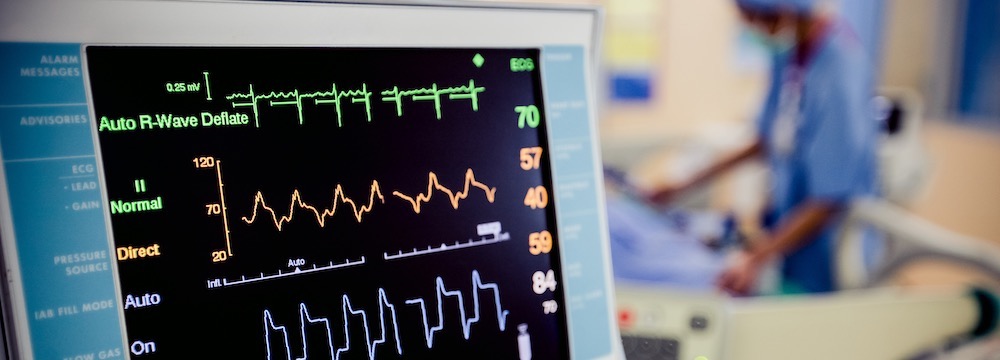
As patients get older, an EKG or electrocardiogram test becomes standard at each physical. After all, the primary risk factor for arrhythmias is age. However, not all arrhythmias are linear. In fact, early on, arrhythmias are often paroxysmal or occasional. Paroxysmal arrhythmias may occur at varying times and there is often no discernable pattern of onset. However, EKGs can only detect an arrhythmia at the time the test is being performed. Think of the EKG as a snapshot in time that would have to coincide exactly with when the patient is having the arrhythmia.
Can Afib Ablations Be Performed More Than Once?
Cardiac catheter ablation is one of the most powerful tools in an electrophysiologist’s armament of tools. But to understand the potential outcomes after an ablation, we need to explore what exactly and ablation entails.

Cardiac catheter ablation involves the threading of a long, thin catheter from a small incision in the groin into the heart. The tip of the catheter has a mapping system that shows the Electrophysiologist the structures of the heart and the electrical patterns and signals emanating from the heart. This mapping system can accurately detect any abnormal heart rhythms, also known as arrhythmias. The cardiac catheter ablation procedure is relatively straightforward and very safe. However, as with any medical procedure, results vary between patients and there may be the possibility of having a second catheter ablation if the first does not completely resolve the arrhythmia issue.
Concerning Study Results Linking Cannabis Use to Increased Risk of Heart Attack
A recent retrospective study of 30,000 young adults between the ages of 18 and 44 has raised alarm bells about the use of cannabis products and an increased risk of heart attack and even stroke. Cannabis products are those that contain the psychoactive component of marijuana – THC. As marijuana has been legalized around the United States, its uses have proliferated. Further, new formulations and strains of these products have made them exponentially more potent than the products that were common just a few decades ago. This has resulted in several potential concerns.
At Home Heart Monitoring
When patients come into our office complaining of a fast-beating heart, unexplained fainting or other issues related to the heartbeat, we immediately turn our minds to the concept of an arrhythmia or irregular heartbeat. It is estimated that over 5 million Americans are living with a Afib or atrial fibrillation which is the most prevalent arrhythmia in the world. Many more may be suffering from other rhythm issues.
Blood Thinners vs LAA Closure vs Catheter Ablation for AFib
Patients experiencing atrial fibrillation or AFib are at a five times higher risk of stroke than those who do not have the condition. As a result, it is critical to get an early diagnosis and follow a comprehensive treatment plan. However, it is also important to understand the various treatment options to make the very best decision for each patient’s circumstance.
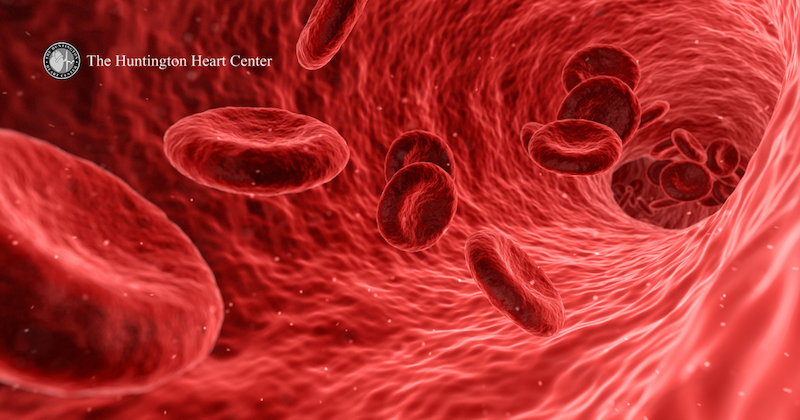
How to Know It’s Time to Visit Your Cardiologist
Many of us wait until our symptoms are obvious and even debilitating before we seek medical help. This can also be true with cardiovascular issues. Many times, shrugging off smaller abnormalities leads to progressively worse symptoms and ultimately an unfavorable diagnosis with fewer treatment options. With high cholesterol and high blood pressure issues becoming more and more prevalent in the United States the old thinking that heart disease only affects to the elderly is no longer true.
In fact, prevention starts at a young age. 30, 40 and 50-year-olds that address their risk of heart disease, can add years to their life and avoid serious complications later on.


